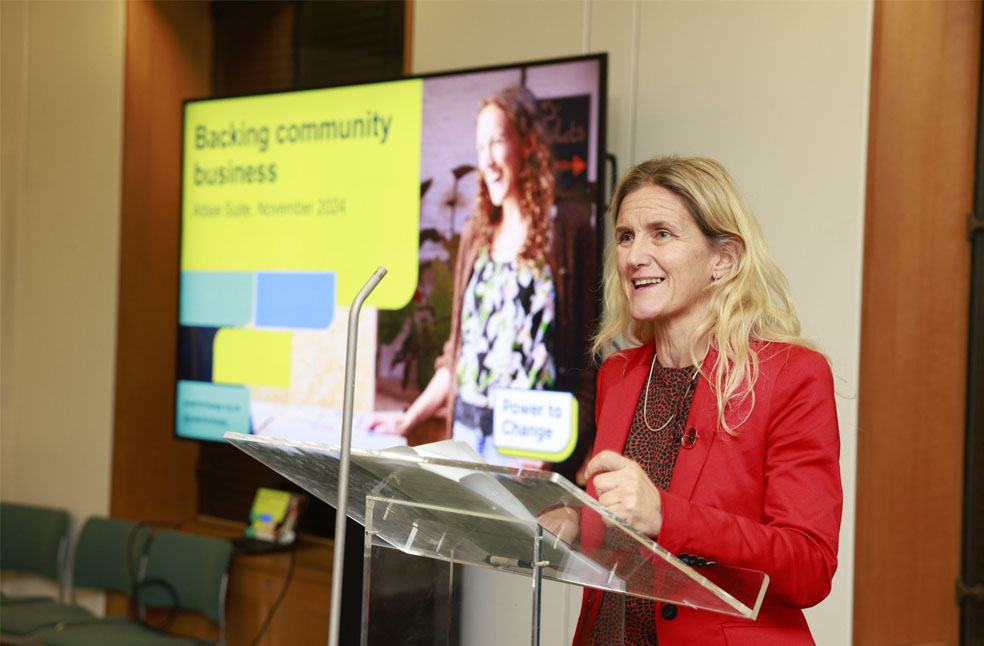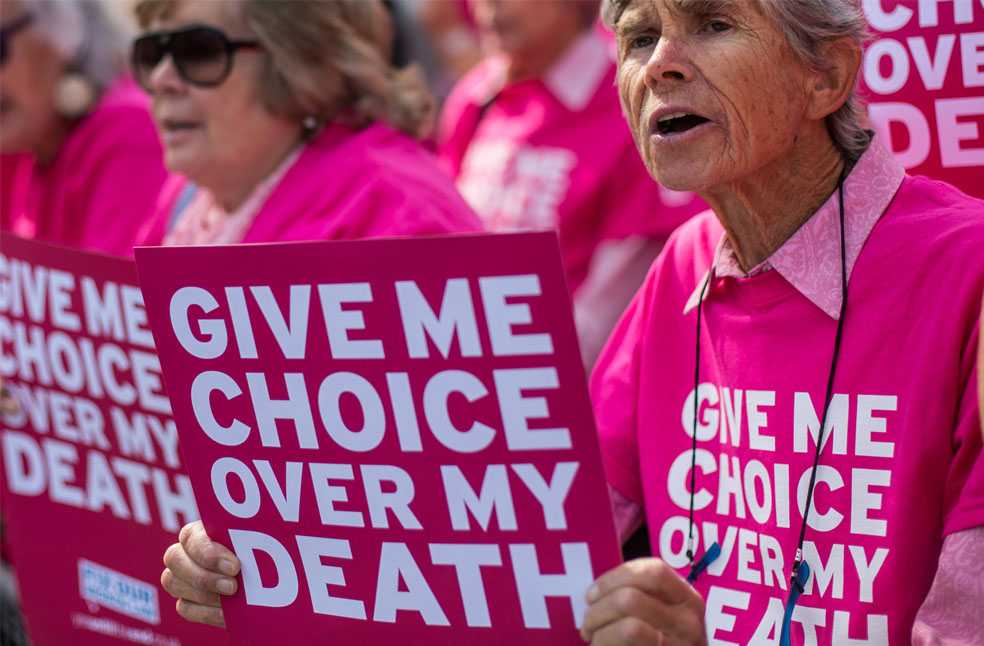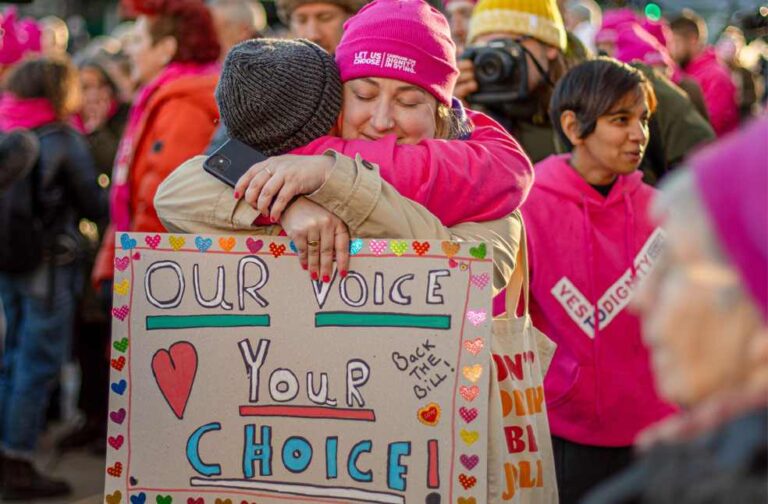London, UK: MPs in England and Wales have voted in favor of a bill to legalize assisted dying, marking a historic step toward changing the law. In the first vote on this issue in nearly ten years. The bill was approved with a majority of 55, receiving 330 votes in favor and 275 against.
The proposal allows terminally ill adults with a life expectancy of six months or less to request assistance in ending their lives, provided they meet strict criteria, including approval from two doctors and a High Court judge.
Following a deeply emotional debate, campaigners celebrated outside Parliament, calling the vote a significant step toward providing terminally ill individuals with more control over their death.
Dignity in Dying, a key advocacy group, expressed that the vote was a “historic step towards greater choice and protection for dying people.”

Labour MP Kim Leadbeater, who put forward the bill, told that she was “a bit overwhelmed” following the vote and it meant “a huge amount” to be able to tell campaigners the bill had passed its first parliamentary hurdle.
However, the bill still faces several hurdles, including further scrutiny and potential amendments from both MPs and peers before it becomes law.
To qualify for assisted dying under Leadbeater’s Terminally Ill Adults (End of Life) Bill, an individual must have the mental capacity to make the decision to end their life and must clearly and consistently express this desire, free from any external pressure or influence, throughout the process.

While supporters praised the bill for offering a more compassionate option for the terminally ill, opponents expressed concerns about the vulnerability of certain individuals, particularly the elderly and disabled, who may feel pressured to choose assisted death.
They argued that improving palliative care should be prioritized over legalizing assisted dying. The bill includes safeguards to ensure that individuals are making informed and voluntary decisions, but critics, including Labour’s Diane Abbott, worry that these protections may not be sufficient to prevent coercion or undue pressure on vulnerable people.



